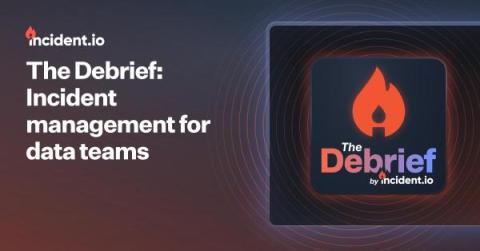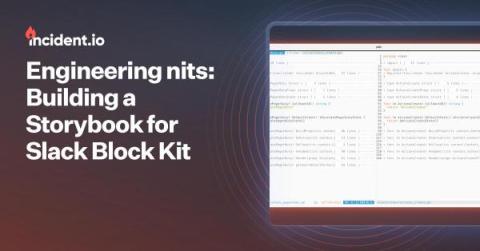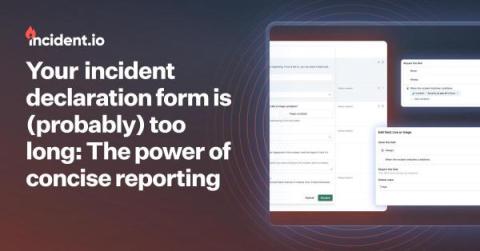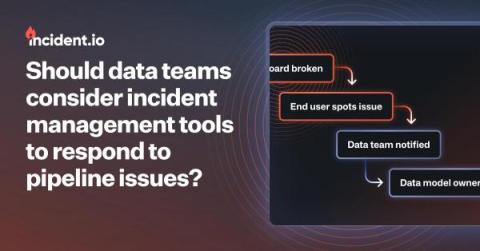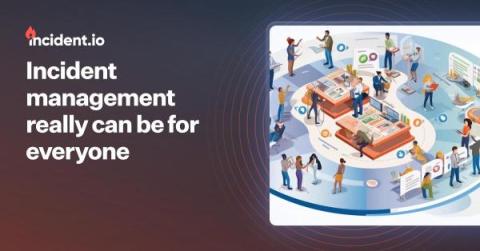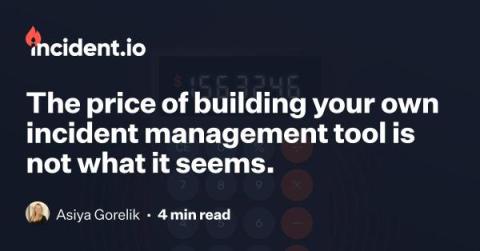The Debrief: Incident management for data teams
If you're on a data team, have you ever considered using an incident management tool to respond to pipeline issues? If the answer is no, then you might want to check out this episode. Here, we chat with Jack, Data Analyst at incident.io, to better understand why data teams can—and should—look to incident management tools like incident.io to manage issues. We chat about: Read Jack's blog post about incident management for data teams.


